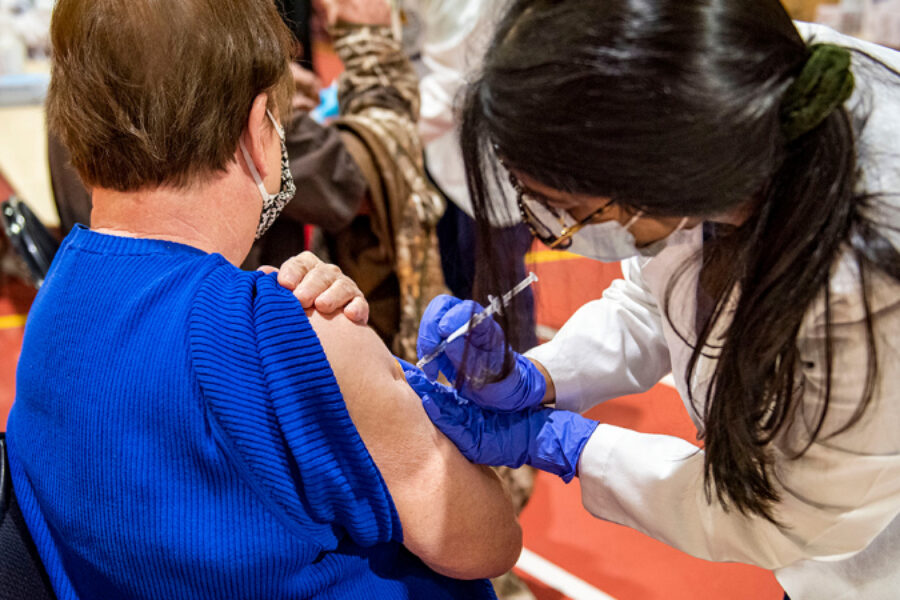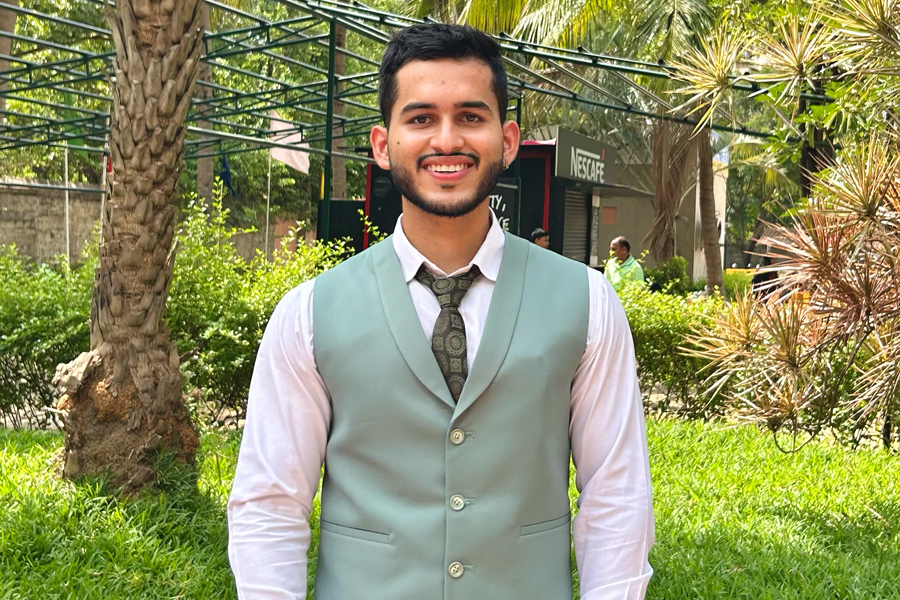
Strength in Leadership
Shortly into his tenure as president of New York Institute of Technology, Henry C. “Hank” Foley, Ph.D., convened a two-day seminar with the university’s Board of Trustees and laid out his vision and five-year strategic plan for where he wanted the school to be academically, financially, and in terms of other measures used to rank college and universities.
His goal: to position New York Tech to create the best possible student experience and empower graduates to meet the challenges and opportunities of the modern workforce successfully.
“He has stuck to that vision, and where we are now is very different than where we started when Hank first joined New York Tech,” says Peter J. Romano (B.Arch. ’76), chair of the Board of Trustees. “This includes higher retention and graduation rates, with students better prepared to achieve successful careers.”
In higher education, leadership can be the decisive factor between stagnation and growth. Few college presidents epitomize transformational change as distinctly as President Foley during his tenure. When he steps down as president on June 30, he leaves a legacy of significant academic advancement, enhanced student experiences, and strategic institutional growth.
This article originally appeared in the spring/summer 2025 issue of New York Institute of Technology Magazine.
By Renée Gearhart Levy
More News

Physician Responds to CDC Vaccine Schedule Changes
Family medicine physician Shane Speights, D.O., site dean for NYITCOM-Arkansas, weighs in on the new recommendations.

New York Tech Awarded $2.5 Million to Advance Civil Discourse on Campuses
New York Tech has received the U.S. Department of Education Fund for the Improvement of Postsecondary Education Special Projects Program Grant, which will support efforts to drive student success through building civil discourse across the university’s campuses.

Community Building
Working on the Institute for Public Architecture’s Modeling Community Visions for a Future Without the BQE project, Marcus Wilford (B. Arch. ’16) turned to his alma mater for support.

Intern Insight: Khushi Vasoya
Fashion and jewelry enthusiast Khushi Vasoya bridged that passion with her studies in business administration and finance while interning with LabGrown Box.

Winter Weather Safety 101
Shane Speights, D.O., site dean at NYITCOM-Arkansas, shares tips to stay warm, dry, and safe during the cold months.

Intern Insight: Hardik Hardik
As a business technology intern, M.B.A. student Hardik Hardik worked closely with mass transit and security equipment manufacturer Boyce Technologies’ production and quality teams to support daily manufacturing operations.